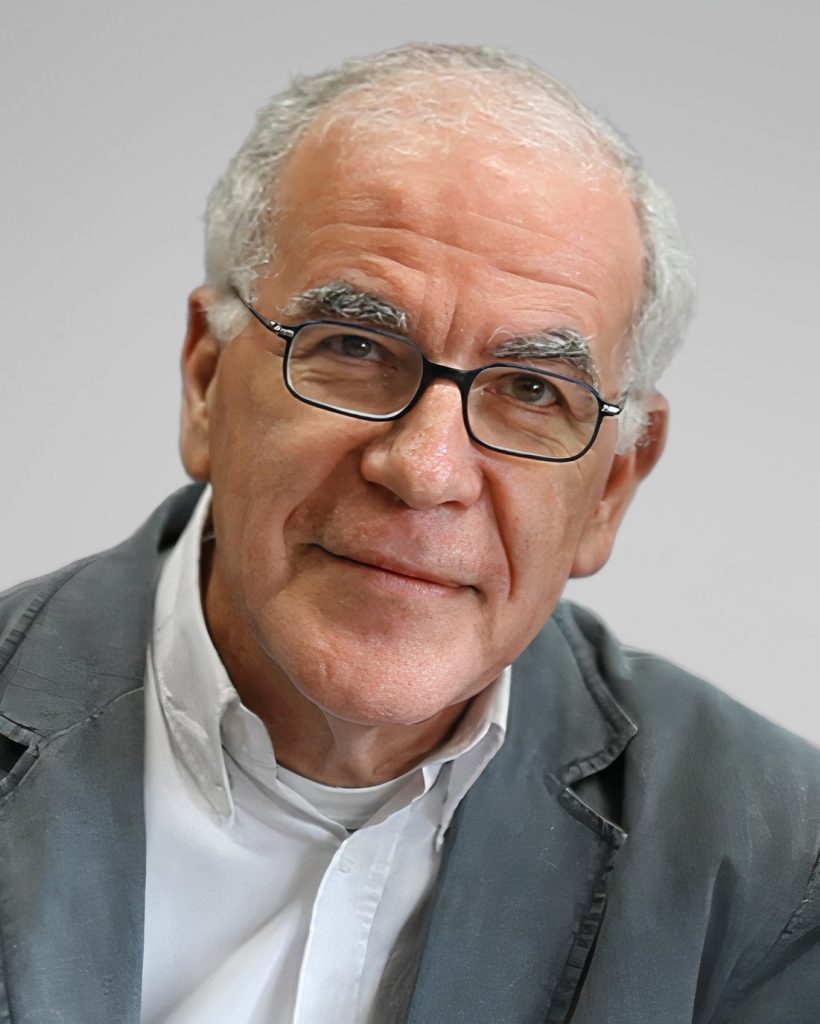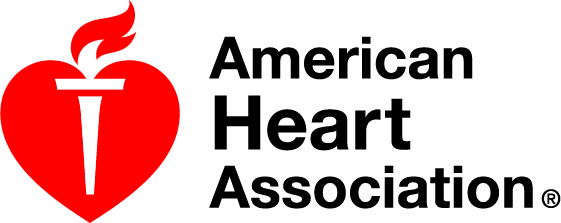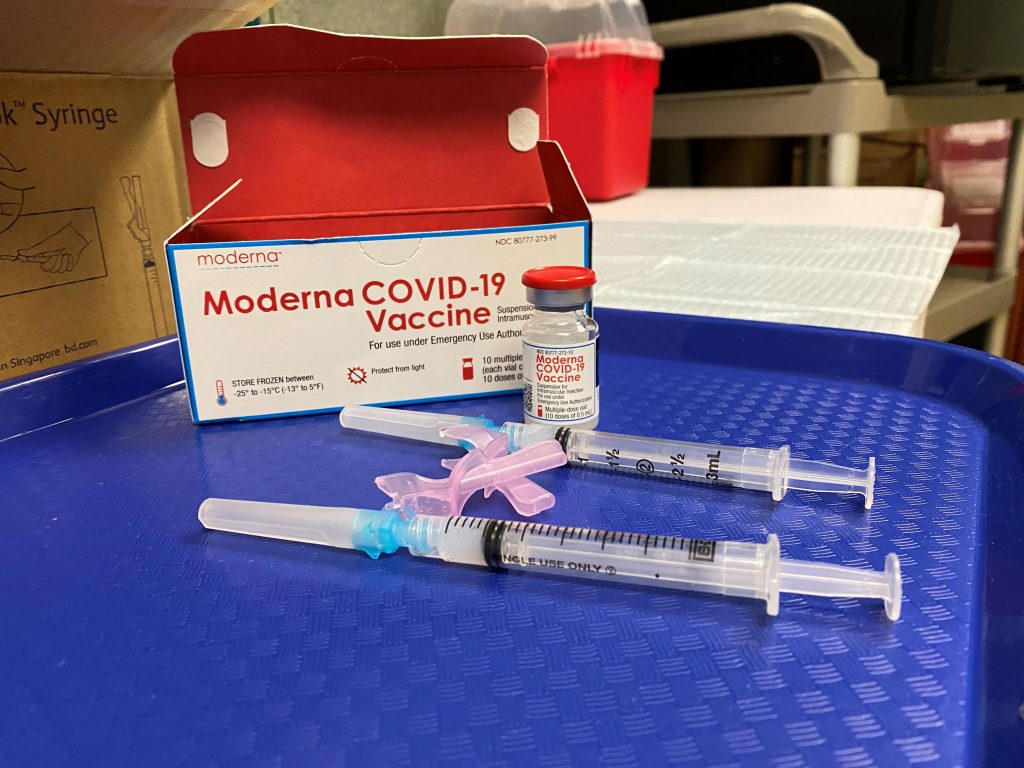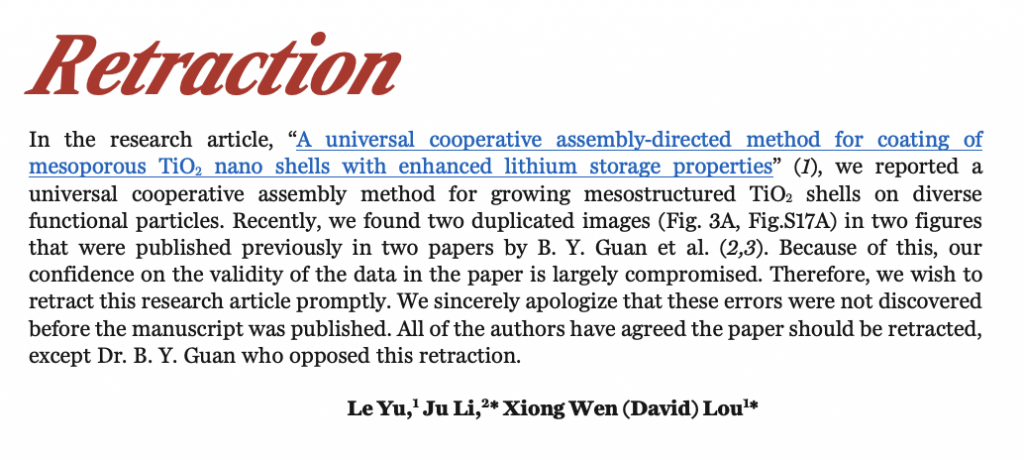
For Pramod Sharma, the study of yoga tourism has proven to be a downward-facing dog.
Last year, the Indian Institute of Technology (IIT) in Roorkee blocked Sharma – who posed as a legit yoga researcher but in reality stole other people’s work – from receiving his PhD after determining that his thesis was “plagiarized and lacks originality.” What’s more, according to the institution, a 2018 article by Sharma contained a “discrepancy in data…casting a doubt on the validity of the results.”
Journals have now retracted five papers by Sharma, although earlier concerns about the work didn’t reach his PhD committee in time to prevent him from defending his thesis in 2019.
We reviewed the IIT report on the Sharma case, and pulled out a couple of the choicest passages:
Continue reading Student of yoga tourism won’t get PhD as he earns five retractions





